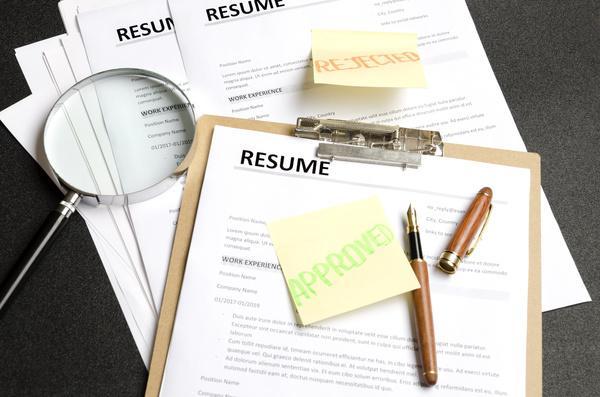How to Get the Most Out of Your Job Recruiter
A recruiter can play a pivotal role in whether or not you get a job. While it’s true recruiters work with many clients, there’s no reason you can’t still benefit. Here’s how you can get the most out of your relationship.
Build Trust
It may take some time, but as with any relationship, the bond between a recruiter and a job seeker should be built on trust and reliability. This means doing the things you say you’ll do, like submitting paperwork to a prospective employer or making necessary phone calls.
Building trust happens when you get to know the recruiter and when they get to know your skills, needs, and what you’re looking for in a job. The more the recruiter knows about you, the more they can steer you toward the kind of job offer you want.
When the recruiter knows you’re trustworthy, they’ll be more likely to seek you out when opportunities present themselves. Building trust with a recruiter has tremendous benefits.
Take Advice
When a recruiter gives you advice, it’s a good idea to at least consider it. Recruiters work with hundreds of hiring managers over time, meaning they know what a particular employer is looking for and how you can best present yourself to them.
A recruiter is not going to tell you things that aren’t true or talk just to hear themselves speak. When they give advice, it’s because they want to see you succeed and they have insights to help you stand out from other potential candidates.
Get Help With Your Resume
One area where a recruiter can be helpful is in tweaking your resume so it’ll pass screening software and stand out enough to get you an interview. Recruiters have likely seen thousands of resumes, so they know what makes a good one.
It helps to ask specific questions about your resume and how you can improve it rather than just submitting it for general review. Since your resume is the first think a prospective employer usually sees, it’s important to make it the best it can be and use inside information from the recruiter to add specific keywords or skills the employer is looking for.
Be Honest
When you’re not honest or don’t represent yourself accurately to a recruiter, they won’t be able to help you. Also, if your dishonesty is discovered, it will make the recruiter not want to work with you in the future.
Many people are dishonest during their job searches because they fear they won’t find jobs if they’re truthful, but honesty is always the best policy when it comes to finding the right position. Recruiters are perceptive and can see through job seekers that aren’t being honest, so don’t waste your time with lies.

Gain Industry Knowledge
One thing recruiters have that you often don’t is industry knowledge relevant to particular jobs. Even if you have significant industry knowledge, there may be gaps the recruiter can fill in, or they might have specific information about the job you’re applying for.
If you could cover all the bases, you wouldn’t need a recruiter, so make use of your recruiter’s special knowledge to gain a leg up on the competition.
Ask Good Questions
To draw out more of a recruiter’s expertise, you should ask good questions whenever you can. Good questions give you data you didn’t have before. They also help you to be a stand-out candidate that can attract the attention of prospective employers.
It’s not advisable to ask questions just for the sake of asking, so spend time thinking about what you need to know. This could include obscure steps of the job search process, your performance level during the process, and the specifics of employers’ needs.
Use the Recruiter’s Network
Your recruiter is likely to have a more extensive network than you, so it’s perfectly acceptable to use the recruiter’s network to your advantage while you work together. Though not all jobs come down to who you know, it happens more often than you might think.
It’s scary for employers to hire someone completely unknown. Having a connection through their network can be reassuring and help them feel more comfortable with a hire.
Get Feedback
Another valuable way recruiters can help is by giving you feedback about your job search efforts, especially interviews. While most employers can’t give each candidate feedback about why they didn’t get a job, recruiters will usually have this information and be able to tell you what happened.
Keep in Touch
Even after you get a job or have ended your job search, it’s a good idea to keep in touch with your recruiter and check on occasion. You never know when the perfect job might come to the attention of the recruiter; they might tell you so you can apply. Also, jobs are notoriously uncertain, so it’s important to be prepared to start a new job search at any time.
GDH works with many job seekers to match them with positions that make the best use of their talents. Join our talent network to see what we have to offer.








